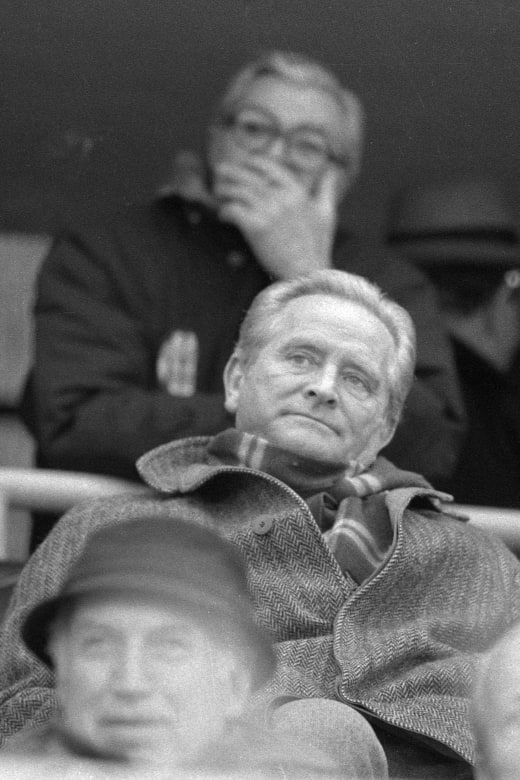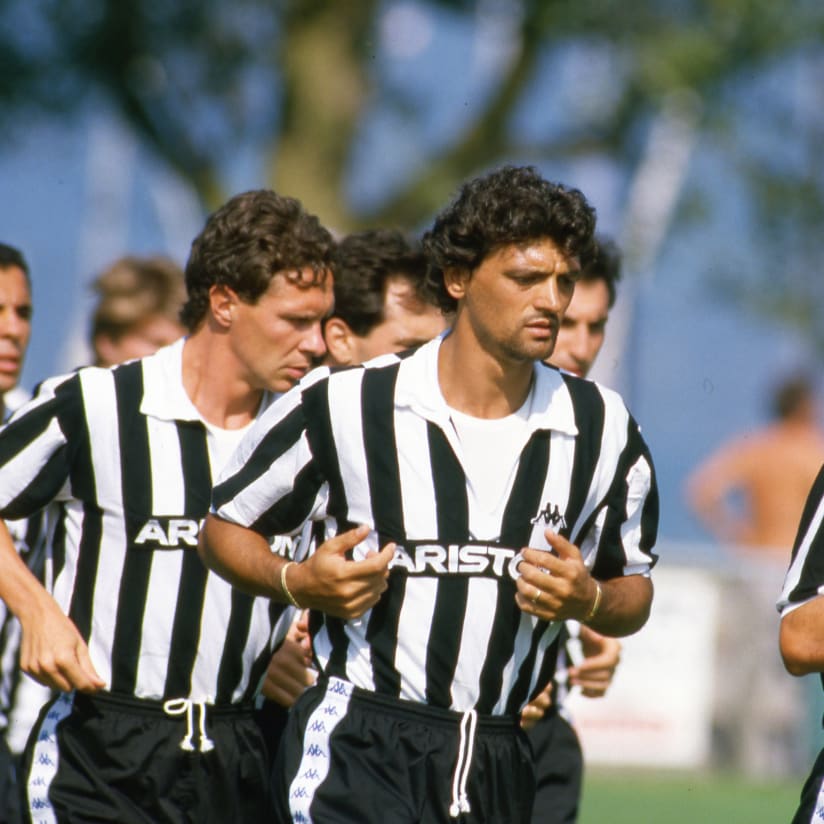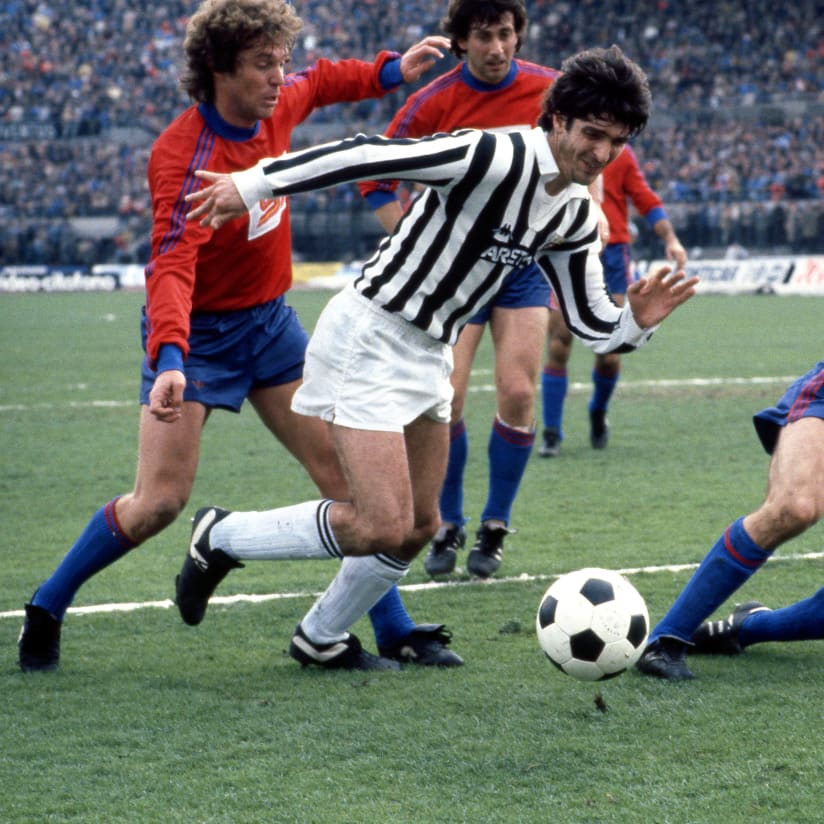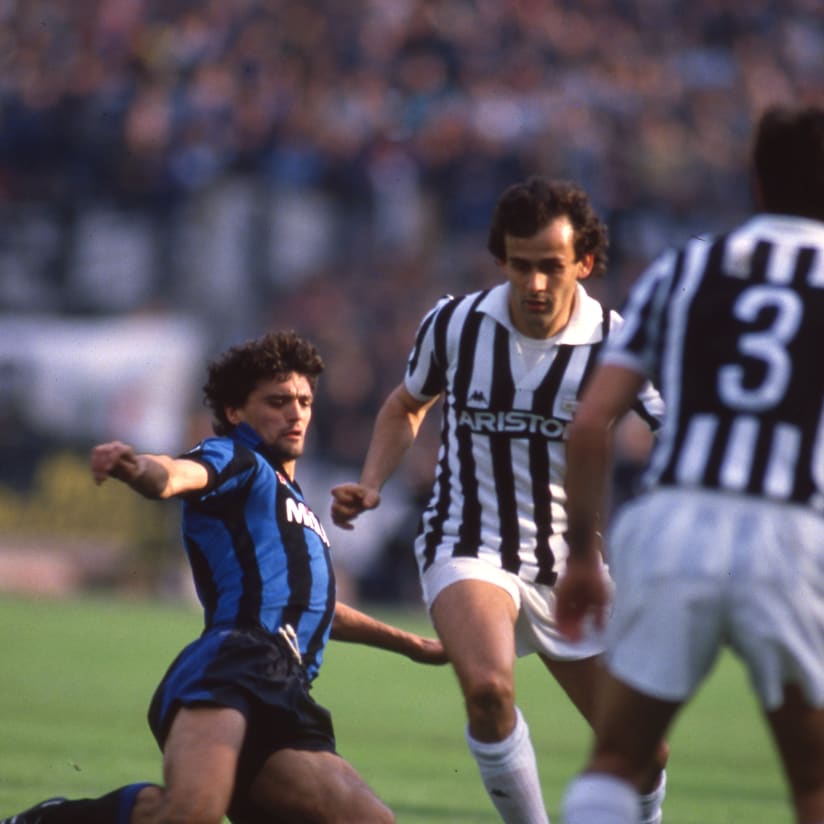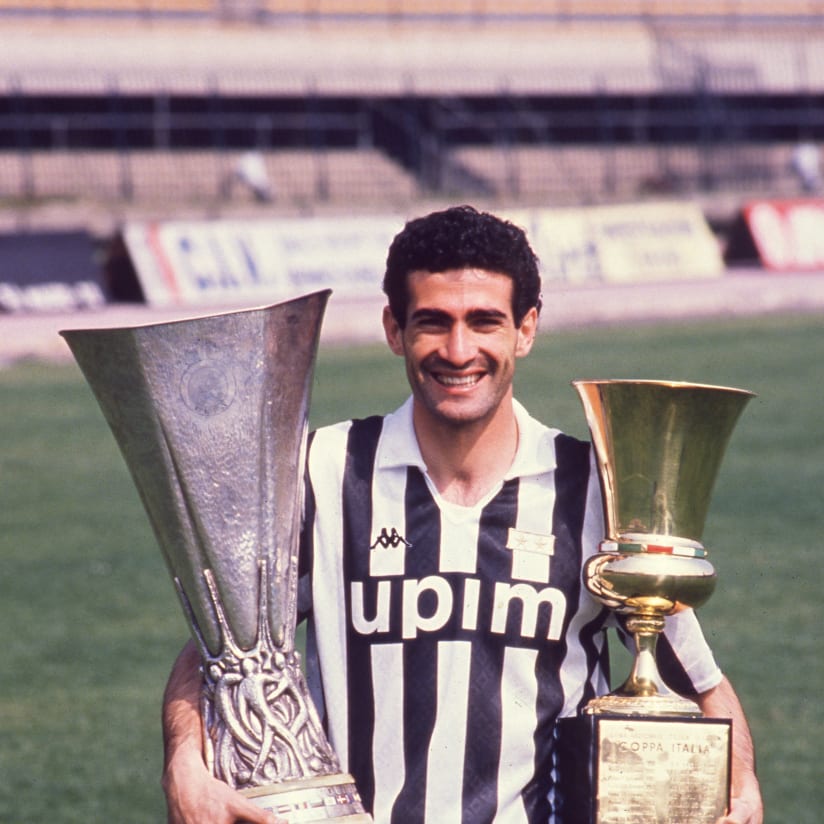However, the long awaited success in Europe’s most elite competition was marred by the Heysel tragedy which took place in Brussels on 29 May 1985. Something inexplicable happened before the start of the match and 39 innocent victims lost their lives. From that moment on, football would never be the same again. The two teams decided to go ahead with the game in order to try and restore law and order, and in the end, Juventus won the cup. It was a joyless success, but the victory enabled the Bianconeri to fly to Tokyo in the winter to play in the Intercontinental Cup final. Argentinos Junior were beaten on penalties and Juve were crowned World Champions. Vycpalek and Carlo Parola helped form an unstoppable machine under Boniperti’s presidency but then, in 1976, Giovanni Trapattoni took over the managerial reigns. The coach from Cusano Milanino helped guide Juventus to an era of dominance by investing in young Italian players such as Zoff, Scirea, Tardelli, Cabrini, Causio, Rossi, Gentile, Furino, Anastasi and Bettega. From the 1980s onwards, Boniperti was able to sign foreigners who would go on to make world-beating contributions. The first example of this was Liam Brady, an intelligent Irish midfielder who dictated the pace of play, had passing expertise in abundance and scored valuable goals. His final strike, scored from the penalty spot in Catanzaro gave Juve their 20th Scudetto title on 16 May 1982 and enabled the club to add a second star to the shirt. The Juventus supporters were ecstatic.

